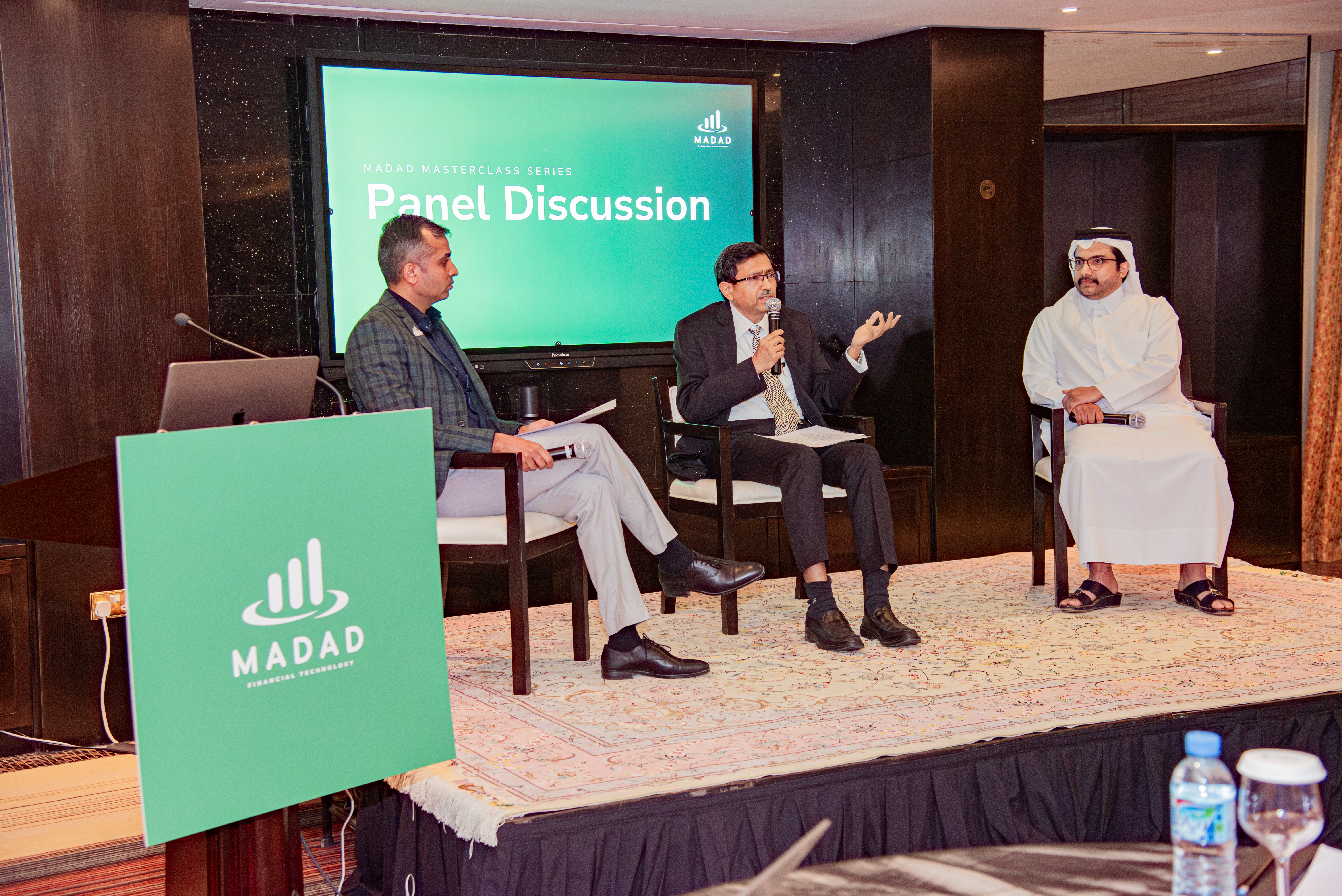When small and medium enterprises (SMEs) thrive, they do more than just grow their own businesses — they strengthen the very foundation of the economy. They create jobs, diversify output, and make the nation more resilient in times of uncertainty. Yet, for many SMEs, financing remains a constant struggle. The challenge isn’t always about availability of funds — it’s often about readiness. Many entrepreneurs approach financing reactively, applying for any available facility instead of assessing what truly fits their business model and stage of growth.
At the inaugural Masterclass on “Building a Financing-Ready SME Business,” leaders from banking, fintech, and the SME community came together to unpack what being “financing-ready” really means. The discussions went beyond theory, highlighting practical steps that businesses can take to build trust, discipline, and resilience. What emerged was a shared understanding — access to finance is not just a transaction between a lender and a borrower; it is a relationship built on credibility, clarity, and confidence.
Choosing the Right Financing Product
Not all financing is created equal. One of the key learnings from the session was that SMEs should be intentional about the type of financing they seek. Every product — whether invoice financing, term loans, or working-capital lines — serves a different purpose. Selecting the wrong instrument can strain cash flow or increase unnecessary liability.
A financing decision should always match the business’s immediate need. For instance, using a short-term product to fund a long-term investment can create avoidable pressure. The right approach is to assess what the capital will be used for and align the product accordingly — a mindset that turns financing into an enabler of growth rather than a quick fix.

Financial Discipline and the Role of Auditors
Financial discipline is the backbone of a credit-ready business. Many SMEs underestimate the importance of maintaining audited, up-to-date, and transparent financial records. Hiring a qualified auditor is not just about compliance — it signals professionalism, credibility, and accountability.
Interestingly, during the discussions, it was observed that many default cases shared a common thread: weak or unqualified auditors who overlooked basic governance issues. A reputed auditor, on the other hand, enforces financial hygiene — ensuring that statements reflect the true health of the business and helping entrepreneurs make more informed decisions.
Moreover, SMEs should avoid blending funds across ventures or diverting profits from one business to another loss-making entity. Such practices weaken the financial integrity of both. Retained earnings and consistent reinvestment in the core business demonstrate strength and confidence to any potential lender.
What Lenders Truly Look For
Numbers tell a story, but lenders read between the lines. Beyond profitability and documentation, what truly builds lender confidence is character and transparency. Madad’s CEO, Rashid Al-Derham, compared lenders to doctors — hiding the real symptoms only delays recovery.
Open communication, clear visibility into cash flows, and honesty about business challenges go a long way in building trust. Lenders understand that every business faces ups and downs; what matters is how the management responds and discloses.
Lenders also watch for red flags such as rapid, unplanned growth or the diversion of funds into unrelated ventures. Responsible borrowing — where funds are used exactly as intended — is often viewed as the best sign of maturity and reliability.
The Bigger Picture: Strengthening Qatar’s SME Ecosystem
The session also reminded everyone that SME financing is not just about capital — it’s about building resilience. The blockade years were a strong lesson in self-reliance and the importance of local enterprise. SMEs were instrumental in keeping trade and supply chains active, reinforcing their role as the foundation of national resilience.
Today, Qatar’s non-oil diversification agenda offers enormous room for SMEs to evolve beyond trading into manufacturing, services, and technology-driven sectors. By adopting better financial practices, maintaining transparency, and engaging responsibly with lenders, SMEs can attract not just funds but long-term partnerships that fuel sustainable growth.
Closing Thought
The Madad Masterclass underscored a timeless truth — access to finance begins with preparedness. When SMEs pair discipline with integrity, and strategy with purpose, financing stops being a challenge and becomes a catalyst.
Madad remains committed to enabling this transformation — helping businesses in Qatar not only access capital faster but build the financial strength to grow with confidence.

